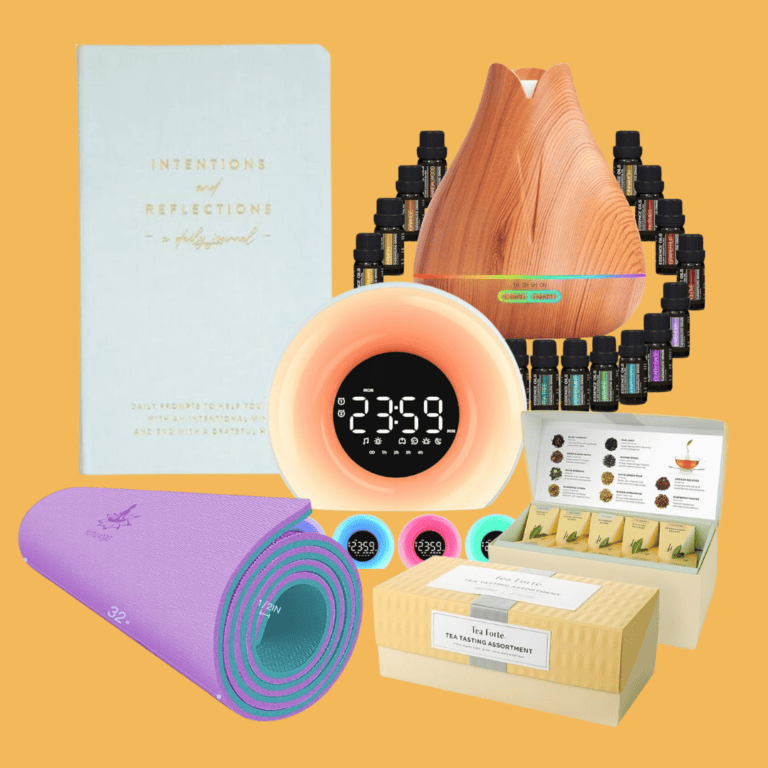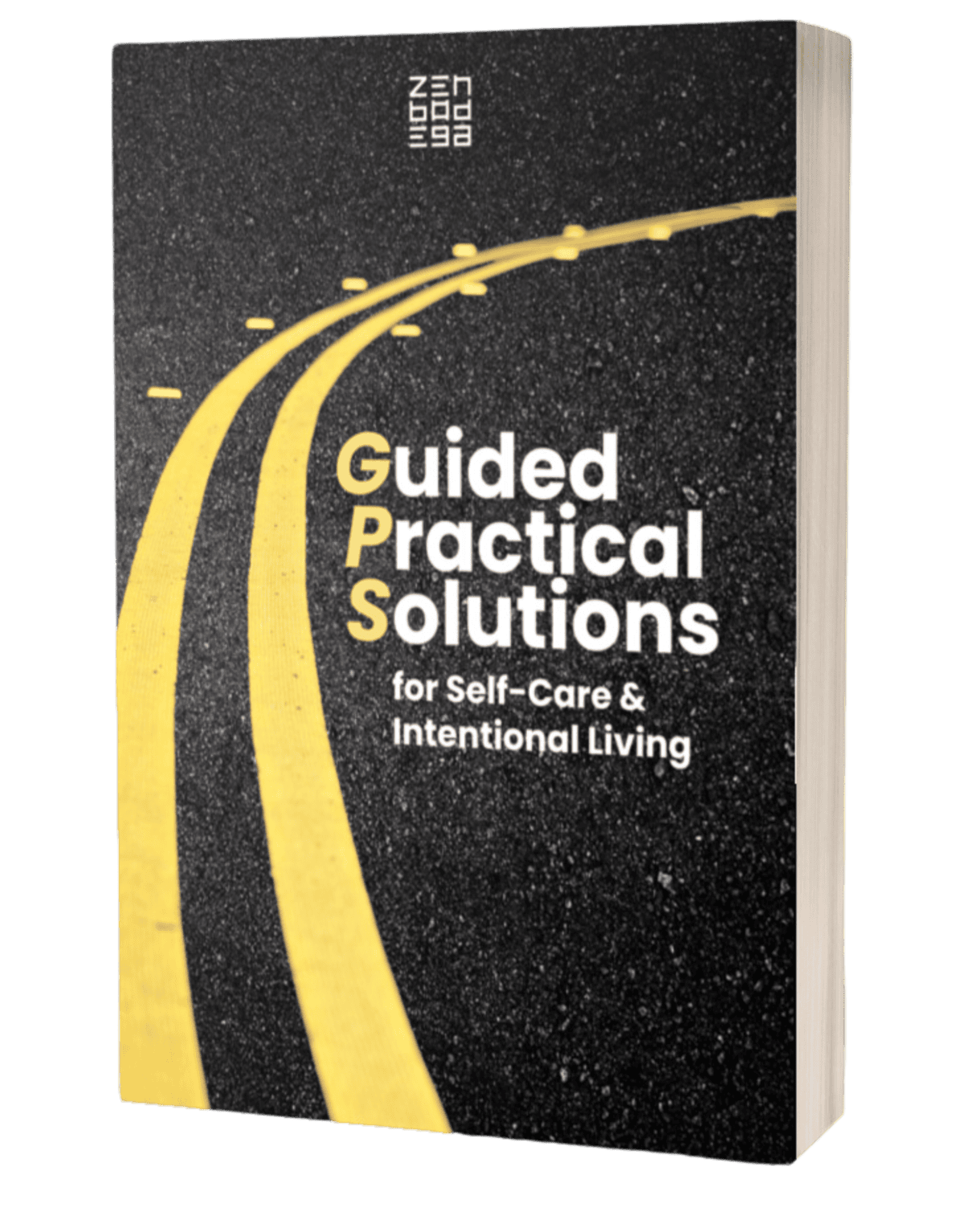How AI Apps are Making a Difference in Mental Health for Black People

How AI Apps are Making a Difference in Mental Health for Black People
Have you ever wondered how technology can help us take better care of our mental health? In the Black community, where mental health issues often go unaddressed due to stigma and lack of access to care, AI apps are starting to make a big difference.
These apps offer new, easy ways to get help, like talking to a virtual counselor or tracking your mood on your phone. They make getting support simple, private, and more affordable.
We’ve compiled a comprehensive list of AI mental health apps for you to explore.
Where We Are Right Now
Mental health is a big issue for many people, but in the Black community, the challenges can be even tougher. A lot of Black individuals don’t get the help they need. Let’s look at what’s going on:
Statistics and Facts
- Studies show that Black people are 20% more likely to experience serious mental health problems than the general population.
- Despite needing mental health care, only about one-third of Black adults who need it actually receive it.
- Children in the Black community also face higher rates of mental health issues, but they are less likely to get treatment compared to their peers.
Barriers to Getting Help

- Stigma: Many people in the Black community view mental health issues as a sign of weakness, which can make people hesitant to seek help.
- Lack of Resources: There aren’t enough mental health services available that are affordable and easy to reach for everyone.
- Cultural Insensitivity: Sometimes, mental health professionals don’t understand or respect cultural differences, which can make Black individuals less likely to seek or continue treatment.
Understanding these facts and barriers is the first step to finding better ways to help everyone get the mental health care they need. AI apps are starting to address these gaps, offering new ways for people to receive support that fits their lives.
What are AI Apps and How Can They Help?
AI apps use artificial intelligence to help with different tasks, including mental health care. Here’s a closer look at what they are and how they can be a big help:
Types of AI Apps
- Chatbots: Programs you can chat with on your devices. They offer support during tough times and guide you through helpful exercises.
- Therapy Apps: Connect you with therapists via video or messages, or let you do therapy activities by yourself.
- Diagnostic Tools: Apps that help identify potential mental health conditions and advise when to see a professional.
Benefits of Using AI in Mental Health Care
- Anonymity: AI apps keep your information private, so you can get help without sharing personal details.
- Accessibility: Use these apps anytime, anywhere right from your phone—ideal if it’s hard to visit a therapist.
- Personalized Care: AI apps adapt over time to offer support that’s tailored just for you.
Best AI Apps to Enhance Your Mental Wellness
Here are some top picks that are effective and have positive feedback, especially within the Black community:
- Shine App: Focuses on mental and emotional health support through daily meditations, self-care courses, and a virtual community.
- The Safe Place: A free mobile app aimed at the Black community, providing mental health education and reducing stigma.
- AI Chatbot: Offers a private way to discuss mental health concerns, with tools and exercises based on evidence-based practices.
- 5 Together Al: Provides a digital companion for kids to express their feelings, with features for parents to monitor and engage in their child’s mental health.
- uMore: An AI-powered mental well-being tracker that measures mental health features and provides recommendations for improvement.
- BetterHelp: Offers access to licensed therapists for online counseling via text, audio, or video sessions.
- Calm: A meditation app providing guided meditations, mindfulness exercises, and sleep sounds to reduce stress, improve focus, and help with sleep.
- Headspace: Focuses on meditation, sleep and relaxation with features like guided meditations, sleep stories, and breathing exercises.
- Sanvello: Provides tools for stress, anxiety, and depression, based on cognitive behavioral therapy.
- MoodTools: A self-help app designed to assist individuals dealing with depression.
- Breathe2Relax: A stress management tool featuring diaphragmatic breathing exercises.
- Daylio: A versatile self-care app that allows you to track your mood and activities.
- eMoods: Designed for individuals managing bipolar disorder, allowing users to track mood swings, sleep patterns, and medication adherence.
- I Am Sober: Helps people recovering from addictions by tracking sobriety days and providing motivational support.
- Moodfit: A tool to shape up your mood, providing daily mental health exercises, goals tracking, and insights.
- iBreathe: A simple app to help learn and practice deep breathing techniques.
- MindDoc: Acts as a mood tracker and mental health companion, providing personalized insights based on your emotional patterns.
- Sensa Health: Provides scientifically-backed mindfulness activities and meditations along with a mood tracker.
- 7 Cups: Offers free, anonymous emotional support through chat and paid access to licensed therapists.
- Circles: Focuses on emotional support through group therapy sessions.
- Happify: Designed to improve emotional well-being through activities and games.
- Youper: Uses AI to personalize various therapy techniques to fit the user’s needs, helping to track mood and health.
- Rootd: An app for anxiety and panic attack relief on demand, offering tools like a panic button, deep breathing, and journaling.
- Mind Shift CBT: Offers strategies and tools to tackle anxiety, including relaxation, developing more effective ways of thinking, and identifying active steps to take charge of anxiety.
- NOCD: Specializes in treating obsessive-compulsive disorder with Exposure and Response Prevention (ERP) therapy and provides live video sessions with licensed therapists specializing in OCD.
- SuperBetter: A gamified app designed to build personal resilience and improve mental health by tackling daily challenges to achieve personal growth and overcome life obstacles.
- Mood Mission: An app that suggests “missions” based on how you’re feeling. Missions are activities and mental health strategies designed to improve your mood and overall well-being.
- Woebot: An AI chatbot that offers emotional support with evidence-based therapeutic techniques such as CBT, delivering daily interactions that help users manage mental health.
- Calm Harm: Designed to help teenagers manage urges to self-harm through activities based on Dialectical Behavior Therapy (DBT).
- Mind Ease: This app provides evidence-based therapy and medication management for anxiety and depression, featuring symptom tracking and access to licensed providers.
- Unwinding Anxiety: Designed to help reduce anxiety through step-by-step programs.
- Medisafe Medication Management: A medication management app that provides personalized reminders for your medication schedule, drug interaction warnings, and refill reminders.
- Remente: Aims at self-improvement with tools for setting goals, tracking progress, and mental training.
- InnerHour: Offers self-help tools and personalized plans for managing depression, anxiety, and stress.
- Clementine: Hypnotherapy app targeted at women to help improve sleep, anxiety, and boost confidence.
- MeeTwo: Provides a safe and secure environment for teenagers to discuss their feelings and improve mental health.
- Daylio Journal: A versatile self-care app that allows you to track your mood and activities without having to write anything down. It helps you understand patterns in your mood and behavior by providing visual insights and has customizable features for a more personalized experience.
- eMoods: Primarily aimed at individuals managing bipolar disorder, this app allows users to track daily mood, symptoms, sleep, and medication. The app provides charts and reports that can be shared with medical professionals to better manage their condition.
Potential Challenges and Limitations of AI Apps
AI apps for mental health face several challenges. They may not fully understand the cultural nuances of different communities, which can affect the support they provide. Ethical concerns, such as privacy and data security, are significant as these apps handle sensitive personal information. Additionally, there’s a risk of bias in AI algorithms, which can lead to unfair or inaccurate assessments if the training data isn’t diverse. To effectively serve diverse populations, AI systems need ongoing oversight and must be developed with input from various cultural and psychological experts.
The Takeaway
AI apps are making it easier for people in the Black community to get help with mental health. These apps are helpful because they can be used privately, anytime, and they understand what each person needs. However, there are still some big challenges. It’s important to make sure these apps understand different cultures, keep personal information safe, and are fair to everyone.
We need more research and better designs to make sure these tools work well for everyone. Let’s keep working on making AI apps that know and respect everyone’s unique background and needs. This way, they can help everyone feel better.



